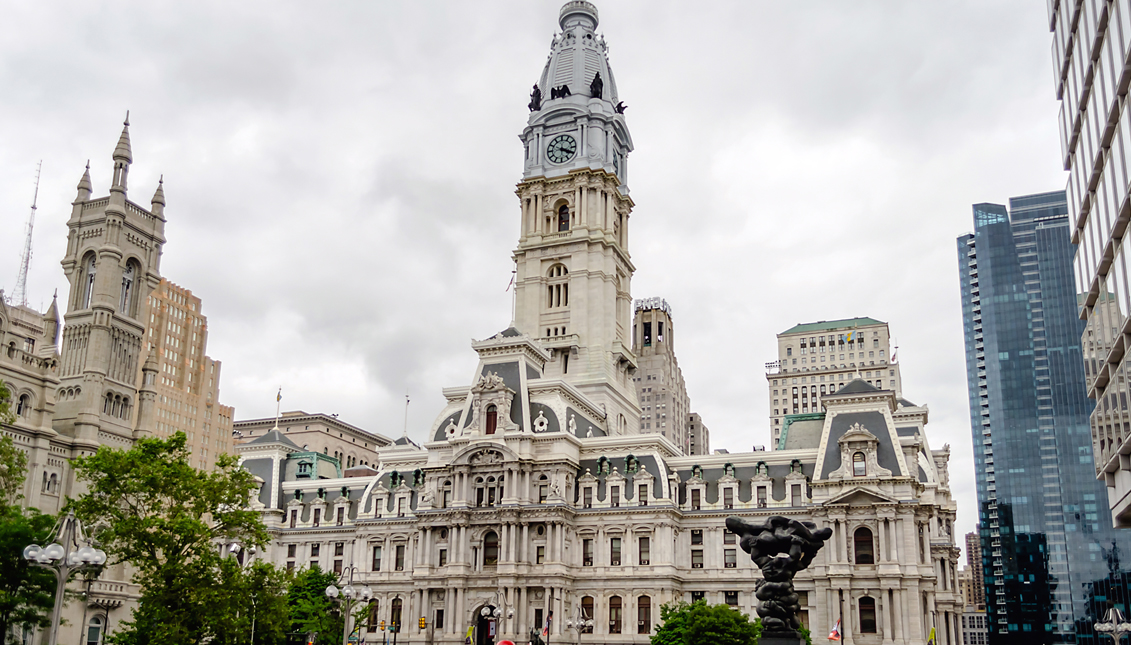
Philadelphia courts to the rescue: Eviction moratorium extended until end of the year
The eviction moratorium extension part of the Emergency Housing Protections Act stalled in committee over a language technicality.
As Philadelphia became the center of the world on the final three days of the 2020 Election, a ruling by Philadelphia courts to extend the city’s eviction moratorium until Dec. 31, 2020 flew under the radar.
The order came on Nov. 6, as City Council’s Committee on Housing, Neighborhood Development and the Homeless failed to advance a moratorium extension as part of the previously-passed Emergency Housing Protections Act.
Under the updated legislation was extending the city-wide eviction moratorium until Dec. 31, 2020.
The other facets of the Emergency Housing Protections Act include an eviction diversion program for renters and landlords, a process for renters to recover damages in the event of an illegal lockout, and a waiver on rental late fees during the pandemic for those experiencing economic hardship related to COVID-19.
Bills extending the rent repayment program and the cancellation of late fees did pass out of committee on Nov. 6.
But the most recent failed attempt at extending the moratorium came as a result of a language technicality that could not be agreed upon.
The wording under question was whether the measures under the bill could apply to all renters or just those with COVID-19-related hardship.
Councilmember María Quiñones-Sánchez told the Philadelphia Inquirer that a “supermajority” of City Council’s housing committee supported advancing the extension if it specified the latter.
The reasoning is because the city could then use more of its CARES Act allocations towards the effort.
RELATED CONTENT
However, EHPA’s lead councilmembers Helen Gym, Kendra Brooks and Jamie Gauthier argued that the specification could confuse renters, as the CDC also implemented an COVID-19 eviction moratorium that only goes into effect in certain situations. Renters must show a loss of income related to the pandemic and prove that they will be homeless or in an unsafe environment upon eviction.
Some may only meet the proper criteria for the CDC’s or the local mandate should it include specific language around “COVID-19-related economic hardship.”
“It is clear that hard conversations will continue to face us as a legislative body - most importantly, that in a pandemic we cannot afford to create separate classes of a so-called deserving and undeserving poor,” said Gym in a statement released after the bill’s failure.
In the place of the all-inclusive language in legislation, Philadelphia courts provided the clarity in its own extension ruling.
It also comes as coronavirus has spiked to new heights across the country at over 100,000 a day. In Philadelphia, Health Commissioner Dr. Thomas Farley called the current timeframe “possibly the worst period of the entire epidemic” at the Nov. 6 COVID-19 update press conference for the city.

This article is part of Broke in Philly, a collaborative reporting project among more than 20 news organizations, focused on economic mobility in Philadelphia. Read all of our reporting at brokeinphilly.org.











LEAVE A COMMENT:
Join the discussion! Leave a comment.